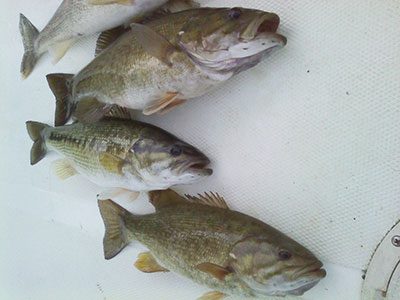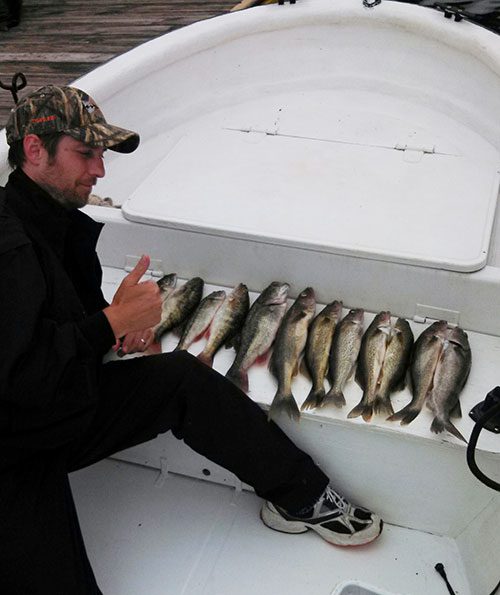As I was writing this, the North Carolina Wildlife Resources Commission (NCWRC) was holding its annual series of public meetings, so some housekeeping items come to mind.
First off, I don’t want the great folks in charge of our natural resources to feel I am overly critical of the job they are doing. Not only is it usually a thankless job, it can also be dangerous. I am very thankful for all that NCWRC personnel do to protect our resources and the people who enjoy them.
I also realize, after talking to NCWRC personnel, that individual employees might not always agree with current regulations and practices, but to do anything other than complete enforcement of policies and regulations would be a dereliction of duty. So I am thankful to our law enforcement officers for being loyal to the calling.
I mean only to offer suggestions to improve and enhance fishing opportunities in our area lakes. Almost every conversation about change—whether regulatory, enforcement-oriented or pertaining to species availability—comes down to the fact that changes cost money. Having fished lots of different areas in almost all southern states, I am accustomed to paying to launch a boat. It makes no difference if it’s a state park, a NCWRC public ramp, an Army Corps of Engineers ramp or private facility. The money raised generally goes back into the maintenance of the facility or to enhance the fishery. I fish a lot, and there would be an extra burden on us all to have to pay to play. But if it meant better opportunities to succeed, then I am all in. For locals, a season-long parking permit generally equates to a very low per-trip rate, so this would be one way to boost the cash flow to be designated for local improvements where collected.
Fishing Lake Fontana as my home lake, I have written before about the need to do something about the walleye decline. I attended the NCWRC presentation last year and was impressed that they are doing everything possible on the stocking front. I did not realize what a difficult job it is to raise walleye compared to other species. I applaud the efforts of our folks and wish them luck as they work through space and technical issues.
Looking over Canada’s regulations, it is no wonder they have such good walleye fisheries. They protect the resource with regulations that include slots, where larger fish cannot be kept, thus assuring spawning stock. They also limit harvest, with two fish being the normal limit and fishery closures during spawning seasons.
While I don’t want to implement a police state, I am convinced that reducing harvest limits down to two fish would help bring back our fishery. Another tool used by other states is closures up spawning rivers during spring runs. Even if only one side of Fontana—preferably the Little Tennessee—was closed, it would allow that group of fish to replenish, naturally. Surely that beats any stocking program.

Finally, I’ll present my best pet peeve. I would love to see stripers stocked in Fontana just like they were in Hiwassee. Hiwassee has the highest natural reproduction of walleye of any area lake. Some of this has to be attributed to the stripers helping keep bluebacks in check. Not only would Fontana striped bass stockings help walleye, it would reduce pressure on Hiawassee as one of the few area striper fisheries. Stocking striper up at the Cullowhee Dam might just create a sustaining population, and who among trout anglers would object to occasionally hooking into a 10- to 20-plus-pound fish as icing on the cake to a mountain trout trip.
Well, as first stated, thank you to our wildlife folks. Take these suggestions as a wish list, and here’s to a wonderful 2020 on our area lakes.
Capt. James McManus owns 153 Charters. Give him a call for a great day on the water at (828) 421-8125.
